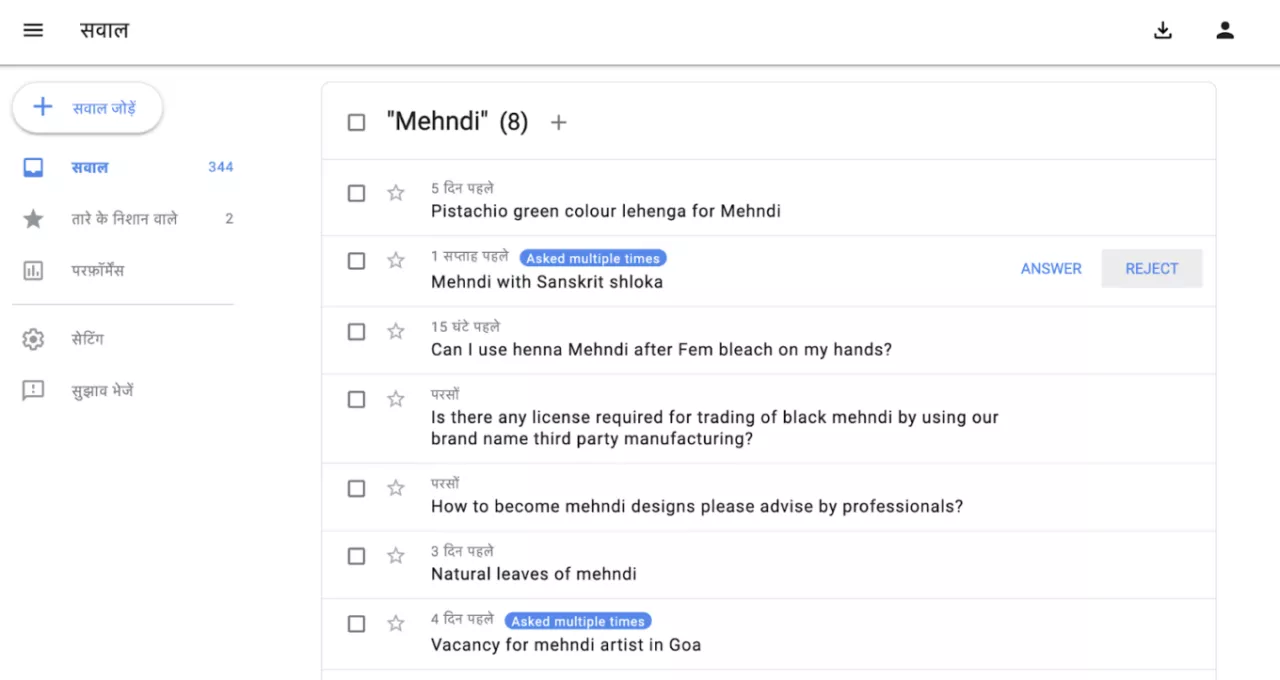It's hard to even fathom Google not having the answer to a question or search query. "Just Google it" is a part of most of the world's vernacular at this point. But, as crazy as this might sound, sometimes Google really doesn't have the answer.
Have no fear, because Google is on it. Enter Question Hub, Google's solution for when you've actually stumped Google.
How exactly does one "stump" Google?
Google explains its search engine as organizing information to find the most relevant, useful results for each person’s search queries. Sometimes, the content to address or answer a search query just isn't there, leaving Google a bit in the dark.
I know this seems unlikely. I was skeptical too. But then it happened. I asked Google something really important... so important, I can't remember what I asked. But for the first time that I can think of, Google didn't really answer my question. And I thought to myself, if I can't rely on Google, what can I rely on?
Examples of this occurrence, cited from the testing that has been done by Google India, can be seen below:

Google read my mind
It's almost as if Google could see my shock and sadness when I didn't get the answer I was searching for. Last week, Google India announced the launch of a Question Hub beta.
According to Google, Question Hub "collects unanswered questions from users to identify content gaps online". These unanswered questions are made available so that subject matter experts and content creators across the internet can produce content that provides the answers to previously unanswered questions.
As a marketer and a content creator, I think Question Hub has the potential to create a really exciting opportunity. To have the ability to search a database of unanswered queries and find ones that I, or one of my clients, happen to be a subject matter expert on is a dream scenario.
The epitome of They Ask, You Answer
For those of you who keep up with IMPACT, you will know that we are true believers that organizations should be creating content that actually answers the questions that customers and prospects are looking for. We literally wrote the book on this.
This concept is called "They Ask, You Answer," and it is entirely based in a belief that all content should serve to actually answer the questions that people ask you — even the tough questions like "how much does it cost?"
When we are consulting with clients and helping to guide them in creating great content, one of the first things we advise them to do is ask their client service and sales teams what questions they get asked the most. Once that list has been compiled, we help them to write content that answers each of those questions.
The reason for this is not just to highlight how knowledgeable an organization is, but to build trust with customers and prospects right from the start.
Google's Question Hub creates a new avenue to discover the questions that people are asking about an industry, brand, or service, opening the door for organizations with knowledge of a topic in question to be the answer source.
Ensuring credibility and trust
So, exactly how will the process work? According to the official Google India blog:
"To access Question Hub, publishers need to link their account to verified properties in Search Console. For publishers without a Search Console account, other options are available. Once they’ve created an account, they can explore topics relevant to their work by either searching for keywords or browsing categories (e.g. Beauty & Fitness). Once a topic is added, they can view unanswered questions asked by real people.
Publishers can then use their editorial judgment to review unanswered questions, and expand on them when creating content."
Earning the trust of customers and prospects is very valuable to your business and your business relationships. Used properly, Google's Question Hub has the potential to not only fill the content gaps but to give organizations more leverage when it comes to providing the content and answers that their audience is really looking for.


Order Your Copy of Marcus Sheridan's New Book — Endless Customers!

